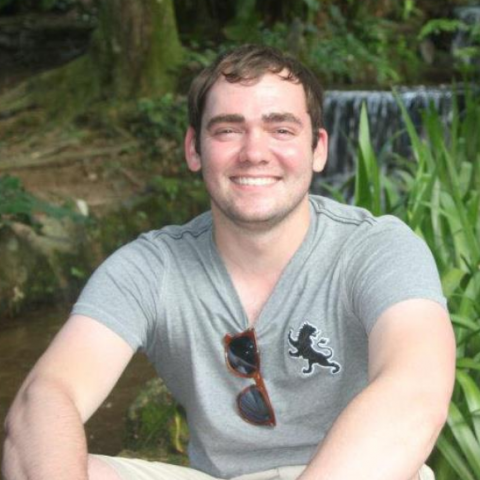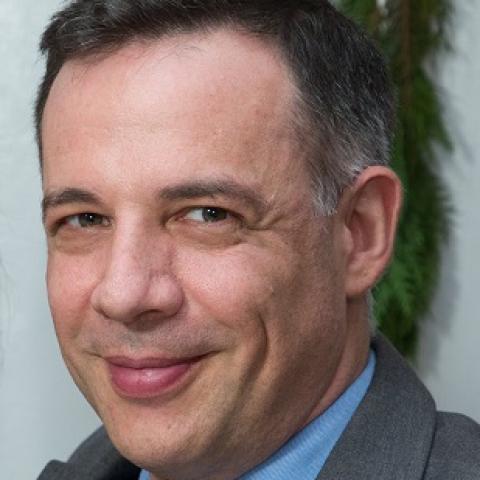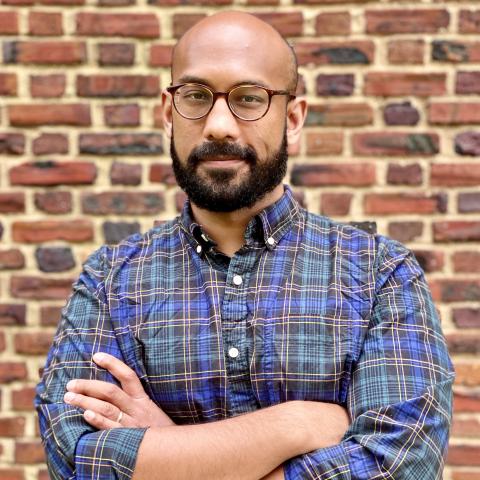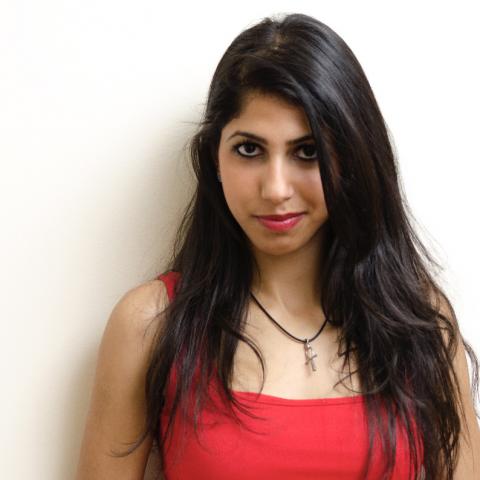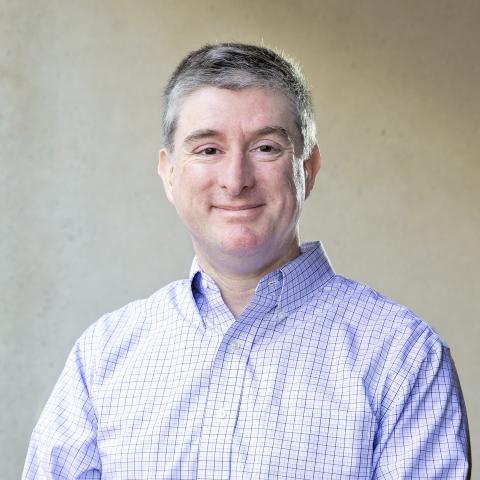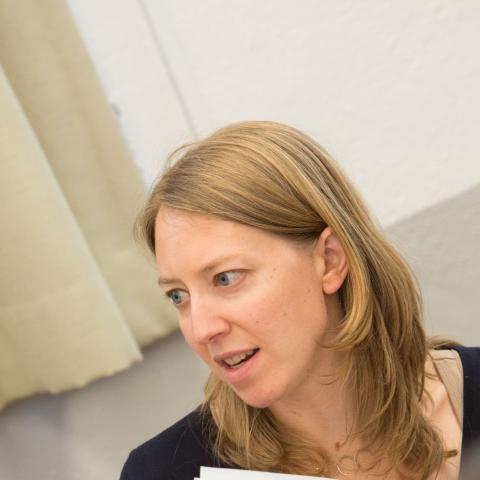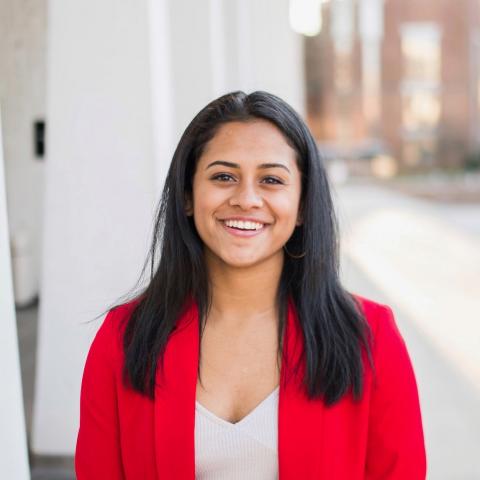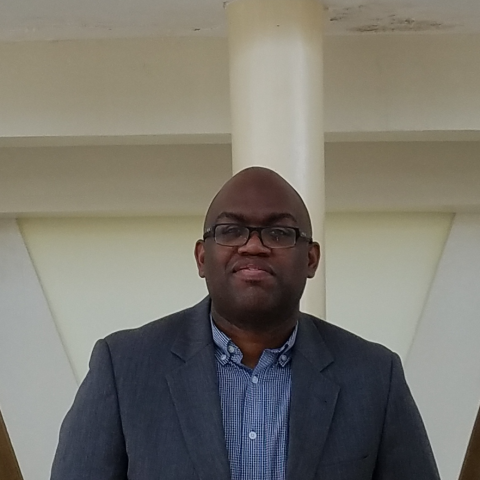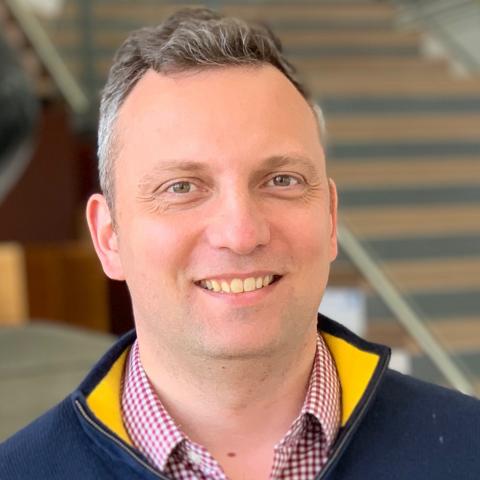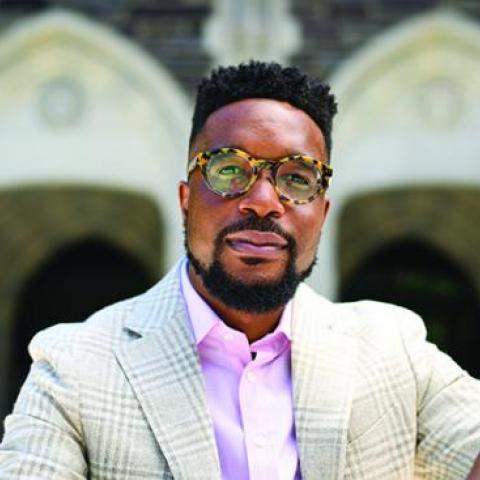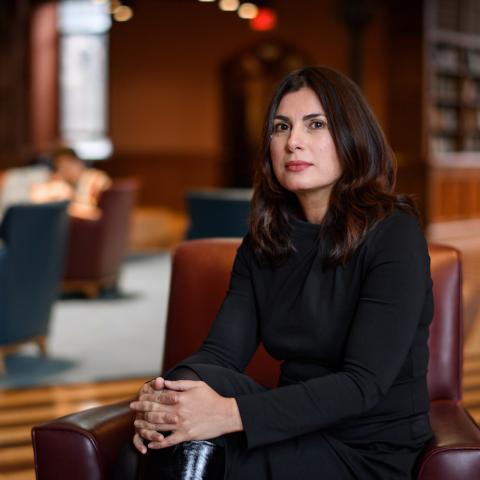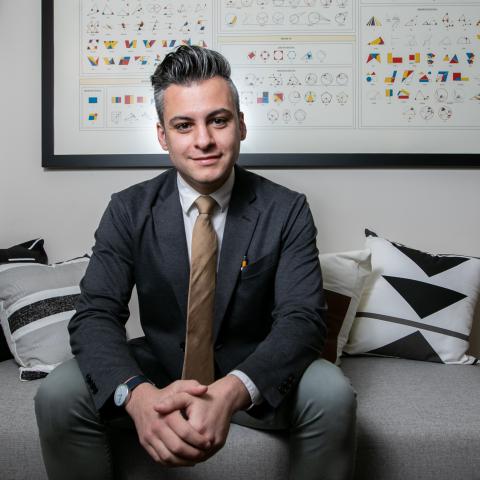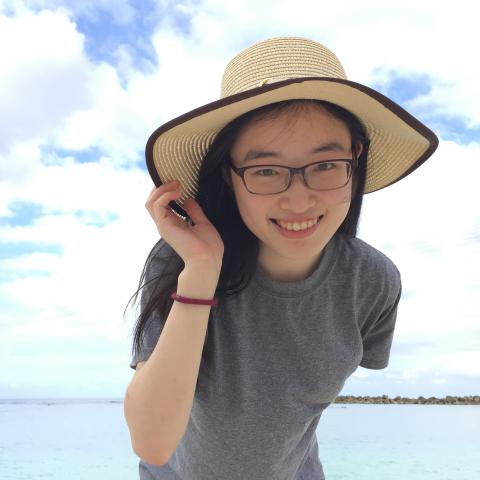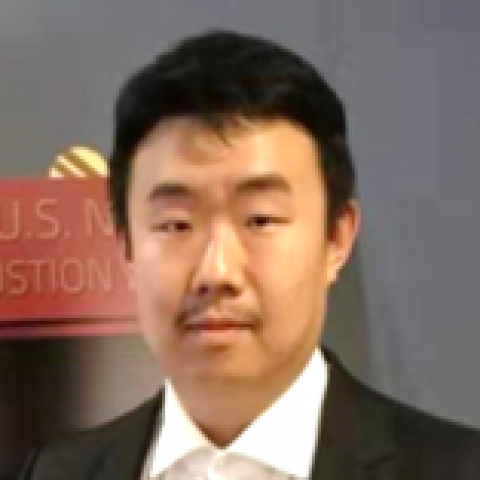
The nine STEM innovations were presented pitch style, including a short Q&A with judges in research and industry-related fields. The STEM track participants were vying for $30,000 in prize money.
- Mechanical and Aerospace Engineering's Chao Yan presented his venture to combat environmental waste associated with lithium-ion batteries.
- Maryam Elfeki, a postdoctoral fellow in Chemistry, spoke about her patented platform for high-throughput elicitor screening technology. - SECOND PLACE $10,000 WINNER
- Erik Gilson from Princeton Plasma Physics Laboratory explained his patented centrifuge technology that enhances liquids' separation efficiency. - THIRD PLACE $5000 WINNER
- A cognitive scientist from the Stevens School of Business, Jordan Suchow developed software in partnership with Princeton University that allows for the easy manipulation of social trait information in hyper-realistic face images.
- Molecular Biology's Alexander Ploss presented a treatment that can efficiently combat acute and chronic hepatitis B and E viruses; this innovation has the potential to help over 300 million people worldwide.
- Dalton Conley, Sociology, designed a virtual slider for online rating sites/applications. Rather than making it just as easy to give one star, three stars, or five stars, our widget imposes a rising cost to deviating from the middle, improving the quality of the information received.
- Ph.D. candidate in Chemical and Biological Engineering Cathy Tang has developed a solution to treat drug-tolerant bacteria urinary tract infections to reduce these infections' common recurrence.
- Caleb Bastian of Applied Mathematics has created a plan of action to manage world heritage sites as persons, using medical ethics and comprehensive treatment planning, to restore form and function and maintain and institutionalize sites.
- Chemical and Biological Engineering's Sujit Datta pitched his platform that enables microbial cells to be arranged—in any desired 3D structure, with any community composition—within a porous matrix having tunable properties, PoreBiome. - FIRST PLACE $15,000 WINNER
The four humanities presenters gave a 5-minute TED-style talk followed by feedback from a panel of scholarly innovators. Each of these teams were presented with $1500 funding awards.
- Preeti Iyer '20 and Kyle Barnes '21 presented Representable, a web-based tool designed to collect and analyze crowd-sourced community maps to draw fair legislative districting lines.
- Laurence Ralph, Professor of Anthropology, presented Animation and Graphics for Justice, a graphic novel and animated film project that exposes the serious long-term harm caused to individuals and their families who enter the juvenile justice system.
- Effie Rentzou, Associate Professor of French and Italian, presented Poetrygo!, a mobile app that pairs technology and poetry to make poetry more relatable and accessible.
- Brooke Holmes, Robert F. Goheen Professor in the Humanities, and Dan-el Padilla-Peralta, Associate Professor of Classic, presented Rupturing Tradition, an experimental graduate seminar bringing together both scholars' ideas and activists in reimagining the study of the Greco-Roman world.

